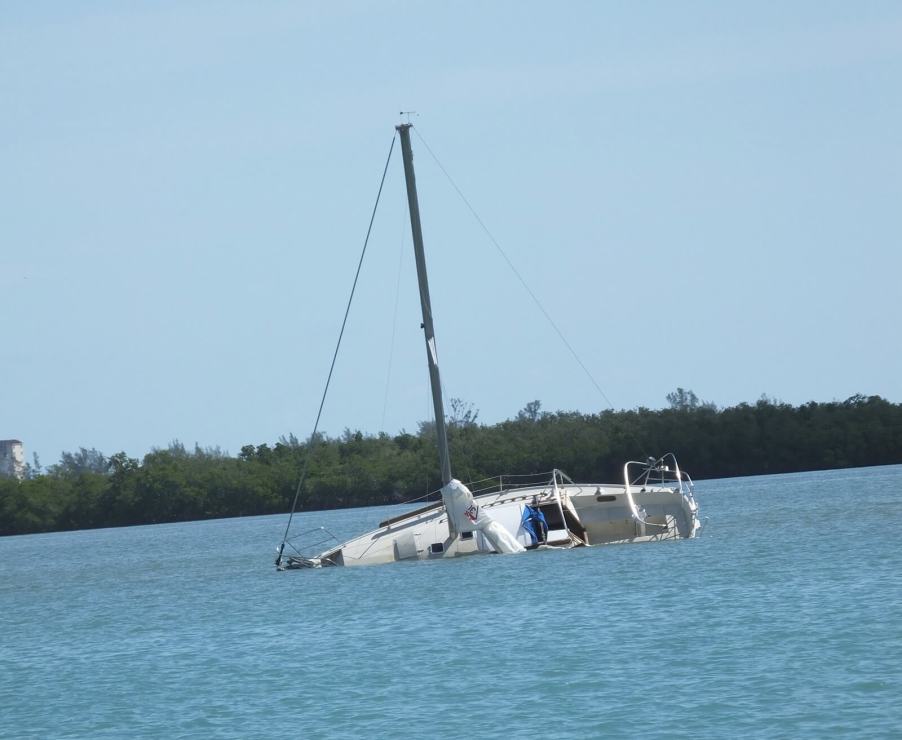
What Should You Do if Your Boat Capsizes?
It’s boating season. That means sun-soaked days on the lake and the salty taste of oceanic coastlines. However, depending on the weather and your attentiveness, you could be in deep water when your boat capsizes. Don’t fret; here’s what you should do after your boat goes business-end up.
If your boat capsizes, stay calm and apply these tips to better your chances of survival and rescue
A capsized boat is more than an embarrassing inconvenience, it’s a safety concern. Still, with these tips, you stand a better chance of living through and learning from the event.
- If you’re not wearing a flotation device, put one on
- Remain calm in an emergency
- Conserve your energy
- Stay with, if not on top of, your capsized boat
- Signal for help
After your boat capsizes, you have to contend with several risks. For starters, boaters stand the risk of injury or drowning as their boat capsizes. Consequently, it’s important for boaters to equip and wear a personal floatation device (PFD), whether they’re in an emergency or not.
Beyond initial injury, a good-timer could suffer from a chilling case of hypothermia after bobbing in the water. As such, it’s important for stranded boaters to remain calm and conserve energy. Take deep breaths and assess your situation. The SAFE acronym I taught in the Marines applies to being in the water after your boat capsizes.
- Slow, easy movements
- Apply natural buoyancy
- Full lung inflation
- Extreme relaxation
If possible, stay with your boat after it capsizes. Better yet, climb on top of your boat to get out of the water. Capsized vessels may retain air and remain buoyant after rolling over. Moreover, getting on top of your vessel could be an effective way to signal for help from other boaters or people on the shore.



